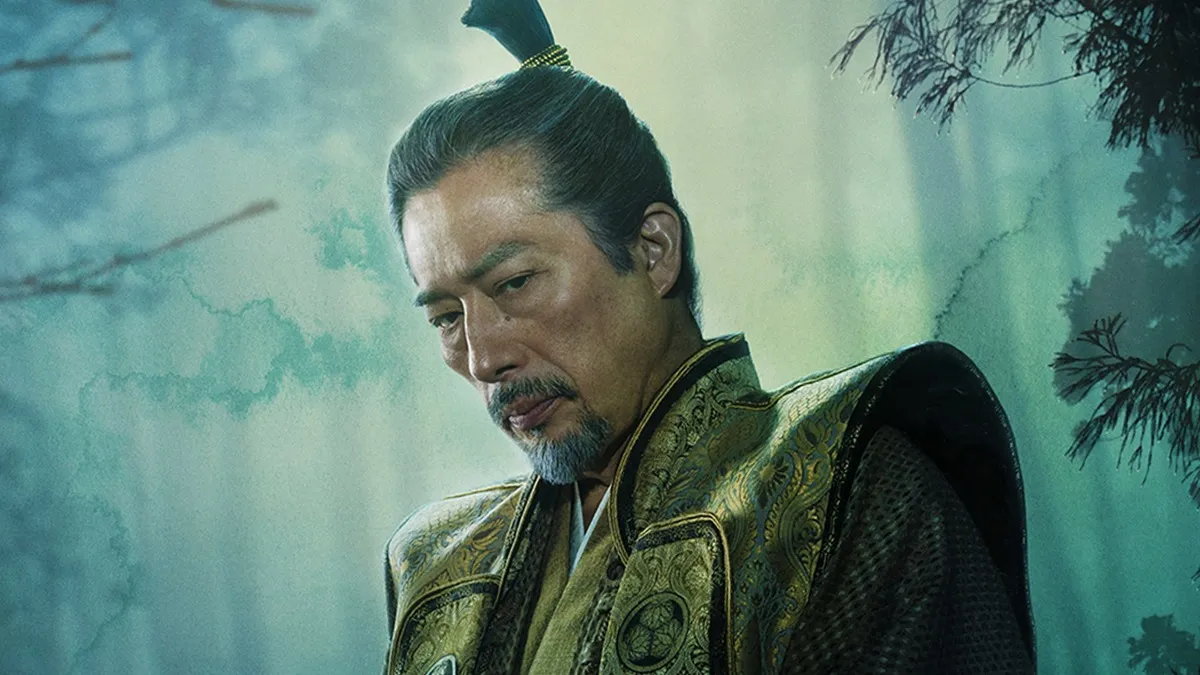The unconventional conclusion of Shōgun has left fans both intrigued and baffled, underscoring the series’ mastery of subtle storytelling that gradually builds to a satisfying climax. In an entertainment landscape dominated by overt narratives, Shōgun stands out as a beacon of nuanced storytelling, weaving together political intrigue, cultural depth, and historical accuracy to create a captivating viewing experience.
While Shōgun may not be the first of its kind, nor the first adaptation of James Clavell’s novel, it distinguishes itself by eschewing conventional tropes in favor of a more understated approach. Rather than relying solely on action to drive the plot forward, the series prioritizes character development and intricate plot twists, leading to a finale that defies expectations.
At the heart of Shōgun lies the character of Lord Toranaga, whose cunning machinations and strategic maneuvers propel the narrative forward. Far from the noble warlord initially portrayed, Toranaga emerges as a shrewd political schemer, adept at using his vassals and wits to achieve his grand vision for Japan. The series deftly explores themes of honor, duty, and sacrifice, painting a vivid portrait of feudal Japan and the intricate web of alliances and rivalries that defined the era.
One of Shōgun’s greatest strengths lies in its faithfulness to Japanese culture and history. From its meticulous attention to detail in sets and costumes to its portrayal of Bushido and Shinto, the series offers a rich tapestry of cultural authenticity. What sets Shōgun apart, however, is its ability to seamlessly integrate these cultural elements into the narrative, imbuing the story with depth and resonance.
As the series builds towards its finale, it becomes increasingly clear that Shōgun is not just the story of individual characters, but the founding of a new era in Japan’s history. The finale, while surprising to some, is a testament to the show’s commitment to subtle storytelling and its refusal to adhere to traditional narrative conventions.
In an age dominated by overt storytelling and formulaic plots, Shōgun serves as a reminder of the power of nuance and complexity in storytelling. By embracing subtlety and ambiguity, the series invites viewers to engage with the narrative on a deeper level, leaving room for interpretation and exploration.
Ultimately, Shōgun’s success lies not just in its historical accuracy or cultural authenticity, but in its bold and daring approach to storytelling. As audiences clamor for more shows like Shōgun, it’s clear that the key to success lies not in adherence to genre or convention, but in embracing the art of nuanced storytelling.

